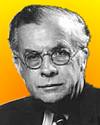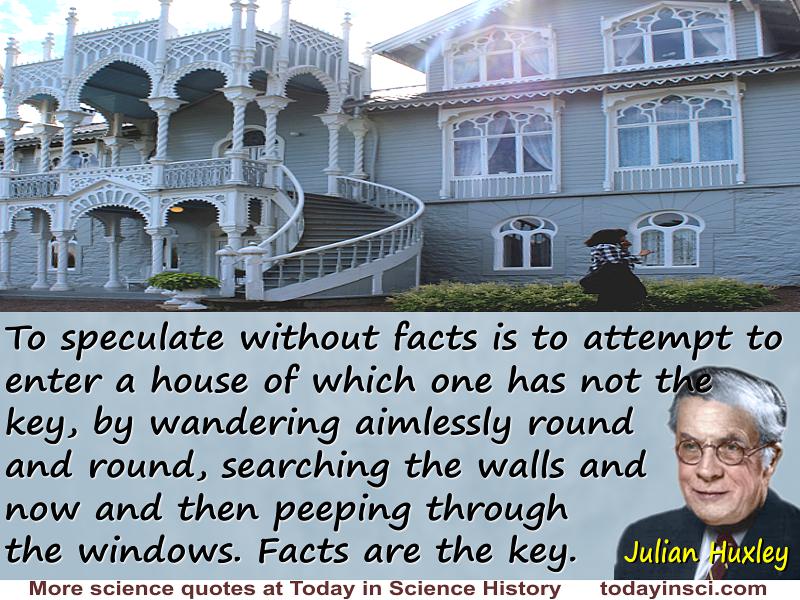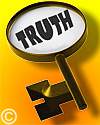 (source)
(source)
|
Sir Julian Huxley
(22 Jun 1887 - 14 Feb 1975)
English biologist and writer who did research on evolution and how an organism develops from egg to adult. He was well-known for popularizing science to the layman through dozens of books and radio broadcasts. He was the first director-general of UNESCO, the United Nations Educational, Scientific, and Cultural Organization (1946-48).
|
Julian Huxley - “To speculate without facts is to attempt to enter a house of which one has not the key”
Illustrated Quote - Large (800 x 600 px)
More Julian Huxley quotes on science >>
Context of Julian Huxley’s quote, “Facts are the key.”
This quote comes from an essay, “Heredity: 1. The Behaviour of Chromosomes” which was collected in Huxley's Essays in Popular Science1, first published in 1927. By 1929, that book appeared in a list of “One Hundred Popular Science Books”1 which was a selection chosen to be attractive to the general reader, while at the same time authoritative and modern in their treatment of the subject.
This was a time long before any understanding of DNA, so to gain any understanding of heredity, interested geneticists were dependant on experimental observation to progress. The quote above appears early in Huxley's essay to express the importance of investigation to gain knowledge of the facts, which must be undertaken before any understanding could be drawn. Which, of course, remains true in any field of science.
Writing decades later, in 1995, Carl Sagan expressed a similar sentiment:2
“The truth may be puzzling. It may take some work to grapple with. It may be counterintuitive. It may contradict deeply held prejudices. It may not be consonant with what we desperately want to be true. But our preferences do not determine what's true. We have a method, and that method helps us to reach not absolute truth, only asymptotic approaches to the truth—never there, just closer and closer, always finding vast new oceans of undiscovered possibilities. Cleverly designed experiments are the key.”
More Carl Sagan quotes on science >>
2 In 'Wonder and Skepticism', Skeptical Enquirer (Jan-Feb 1995), 19, No. 1. (source)
- Science Quotes by Sir Julian Huxley.
- 22 Jun - short biography, births, deaths and events on date of Huxley's birth.
- Julian Huxley - context of quote “To speculate without facts is to attempt to enter a house of which one has not the key” - Medium image (500 x 350 px)






